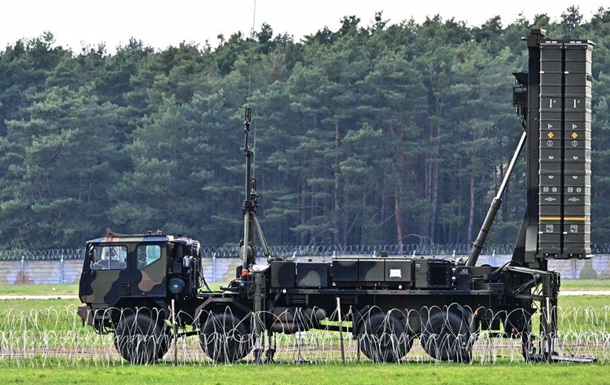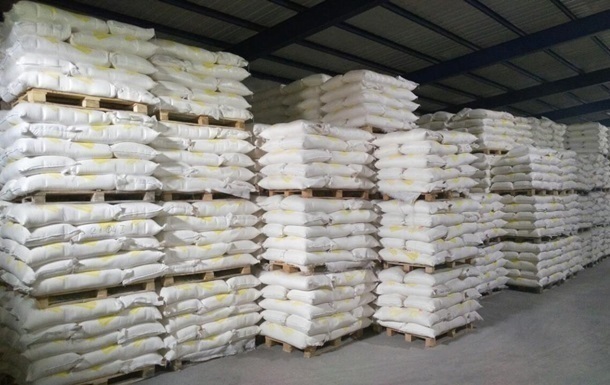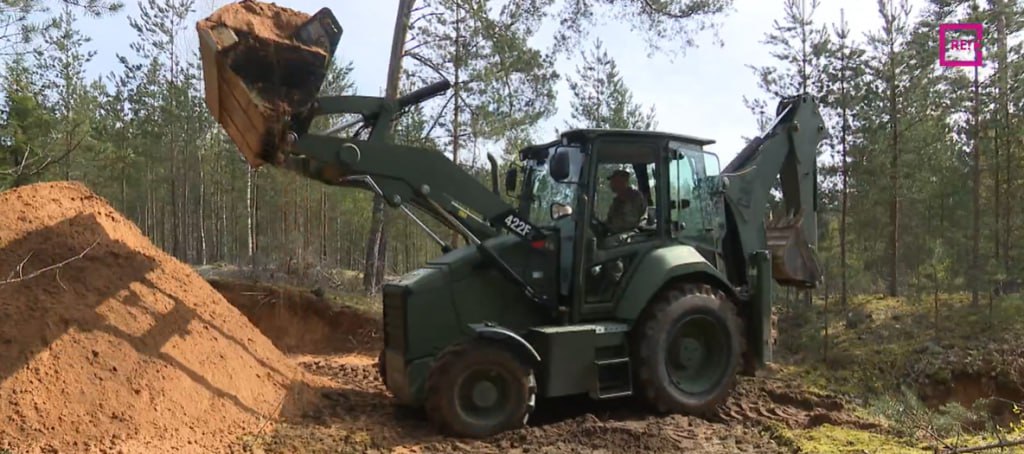It is best to use a saucepan for cooking. Even in the post-Soviet space, there are three meals left, when there is first, second and ... compote! But in order to prepare the first one with quality, you will need the right pan, which has all the necessary qualities, and will also be able to preserve them for a sufficient period of time for the owner, delighting him with delicious dishes.
Aluminum versions with additional Teflon or marble coating remain the most popular. Such aluminum pan it has thick walls, is equipped with a heat-resistant handle and glass - if you need to put out products on low heat, then it will be the best solution, since it requires the use of a minimum amount of oil. You need to choose pans wisely - the heavier they are, the better. Versions with a flat bottom are better suited for electric stoves, while those with a groove are suitable for gas analogues.
Until now, on the secondary market, you can find "clean" aluminum pots in which milk boils extremely conveniently - if you add a little cold water inside and put an aluminum plate in the form of a "watchman", then the milk will not run away when boiling. The only thing to remember is that aluminum pans are not designed for cooking acidic and alkaline dishes.
But for the latter, the ideal choice would be enameled pans, which firmly guarantee neutrality when cooking any food - acidic or alkaline. There are disadvantages to this choice – enameled pots, like teapots, cost a lot of money, and the enamel can crumble under physical impact. But if you carefully use these pans, they may well last in the family for up to a quarter of a century! The main thing here is the thickness of the enamel. Taking cheap versions with thin enamel is not always considered the right decision - such pans are relatively short-lived.
In recent years, glass pots made of heat-resistant material have also appeared on the market - they have a good aesthetic component, are excellent for preparing any soups, sauces and are often used for preservation. They can be used for stoves and ovens, as they have the useful property of retaining heat for a long time. There are disadvantages - they do not withstand sudden changes in temperature, so taking these pans from the refrigerator and immediately putting them on a gas or electric stove is not recommended - the glass can easily crack.


 288
288












